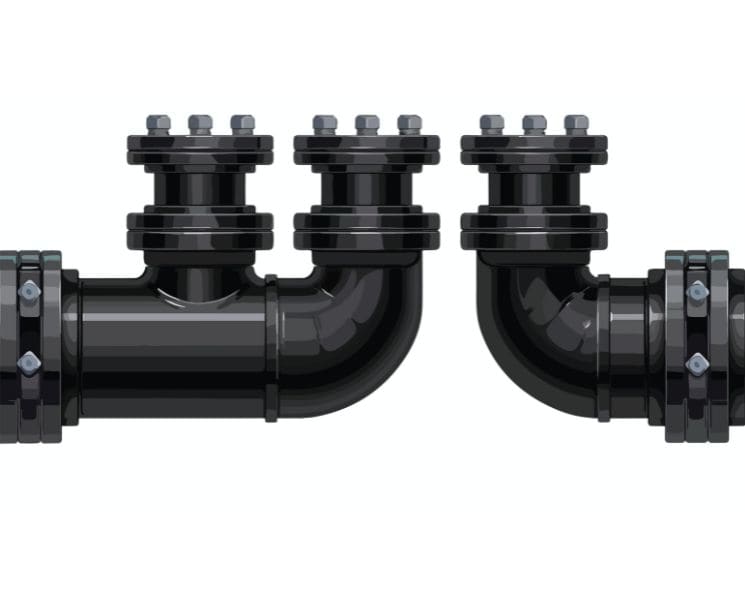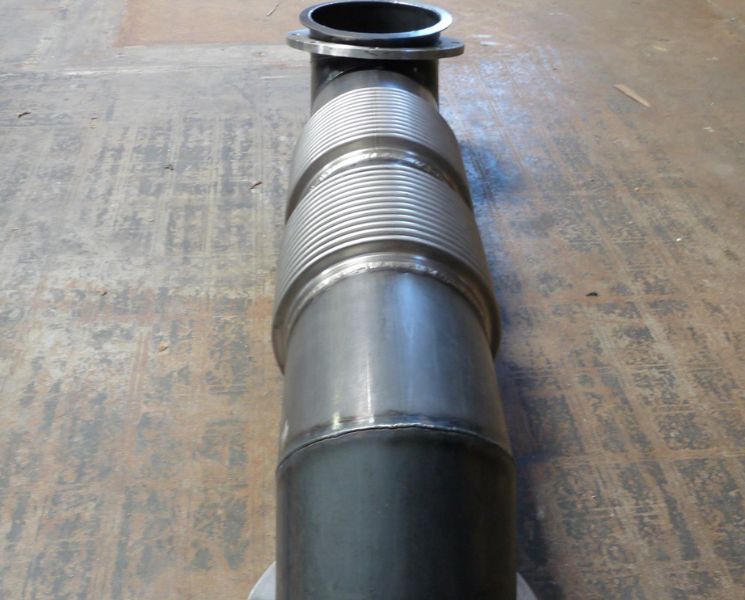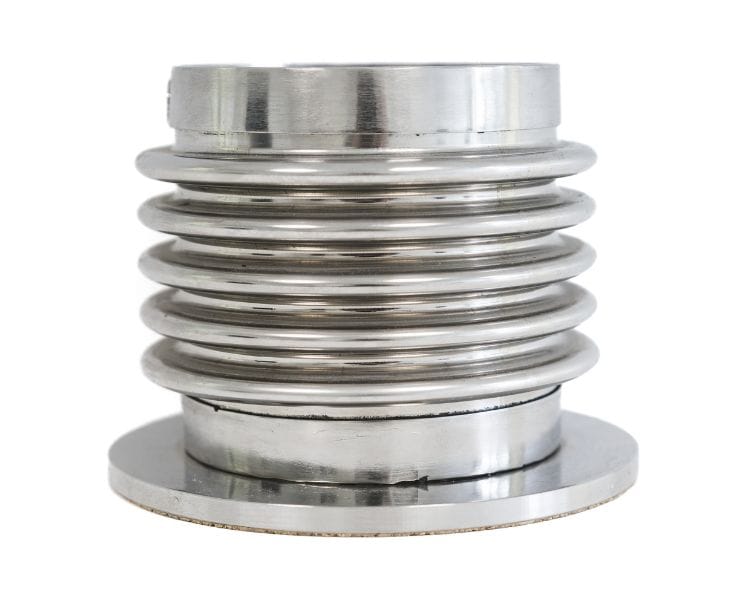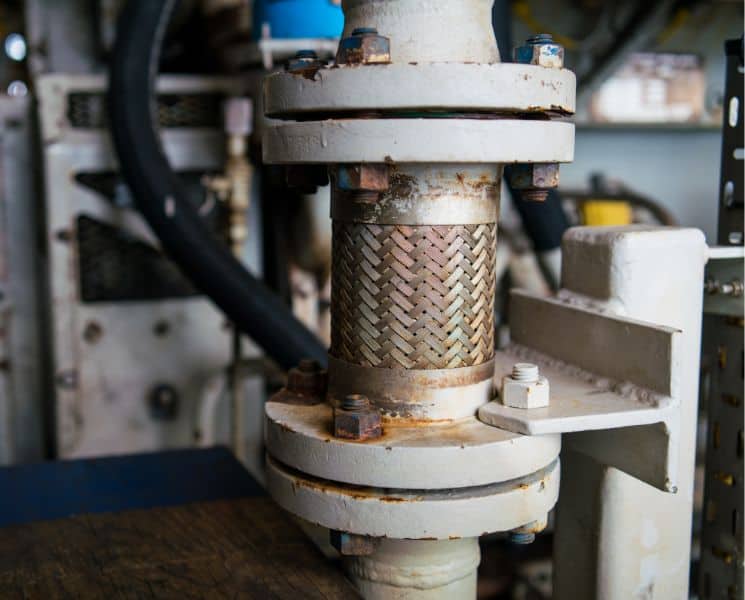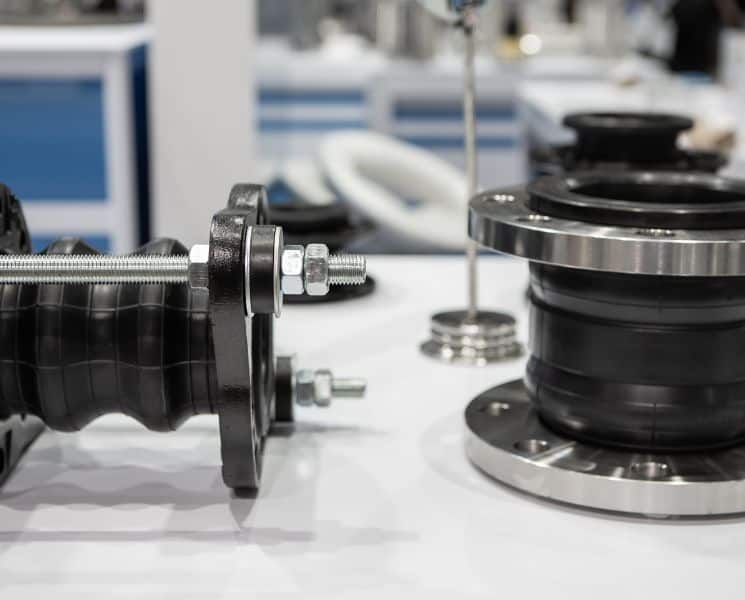Many people think of their fireplace when the word “bellow” is mentioned but there’s another type of bellow that may prove to be even more useful. The metal bellow is a connector that allows for many different uses – and some can even be custom made, allowing for maximum adaptability.
What exactly is a metal bellow?
Though many people have never heard of them, metal bellows are exceptionally versatile. They are vessels that can contract once pressure is applied to them but extend when placed in a vacuum. Ultimately, when external circumstances are removed, they are generally able to return to their original length, shape, and size (unless pushed beyond its limit). Since they are simultaneously extremely flexible and also can be rigid, they’re an extremely versatile tool for professionals and everyday homeowners alike.
What are metal bellows used for?
They can be used for hermetic seals, temperature sensors, flexible connections, and plenty of other practical, everyday uses in your home.
Bellows can also help with energy consumption on a larger scale in fields like the booming oil and gas industry. In 2017, the U.S. Bureau of Labor Statistics reported that there are 178,400 people working in the Oil and Gas Extraction industry within the United States. That’s a lot of people that could benefit from learning about the benefits of custom bellows!
Exhaust bellows typically are the best option for those looking to cut down on emissions. In fact, they can mean the difference between passing emissions standards or not in many cases.
Ultimately, these tiny but mighty tools are underappreciated and not widely known. However, whatever the job is, it’s possible to create a custom product that’s even more flexible in its execution and may be able to help with that stubborn project that’s been nagging at you all season long.
For example, if your project is dealing with extra high temperatures, it may be the metal itself that needs to be adjusted. Iron ore typically melts at 2,750 degrees Fahrenheit. However, steel’s melting point is 2,500 degrees Fahrenheit. Using iron instead of steel in some jobs may be just the trick you’ve been searching for. Or perhaps stainless steel could do the trick. There are plenty of custom options for you to explore today!


